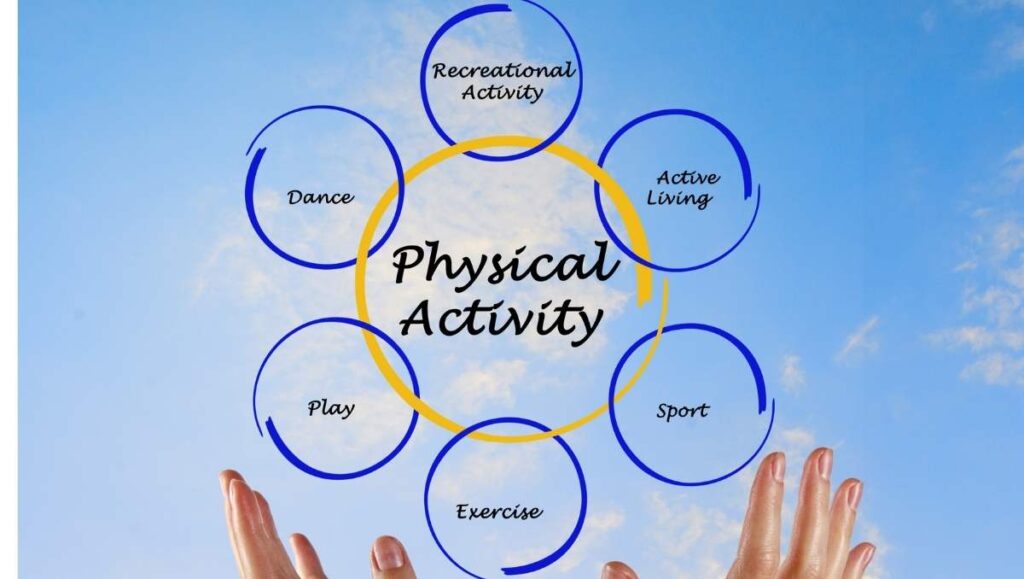People often wonder what is the key to raising a well-rounded, responsible, and successful child. There is no doubt that a nurturing house, food, and schooling are the primary elements of a child’s growth, but getting them indulged in extracurricular activities from an early age is also one of the most important things. Learning is much more than just academics. Afterschool activities, games, and arts are also integral parts of a child’s comprehensive growth. In this blog, we will explore how extracurricular activities play a significant part in developing a child’s personality.
What are Extracurricular Activities?
All the activities that are done outside the four walls of the classroom are known as extracurricular activities. These activities cover a wide range of pursuits such as athletics, academic contests, arts, clubs, tournaments, and more. By indulging in these activities, pupils can explore their interests, and capabilities, and engage in academic, social, and individual development outside the classroom. One of the major benefits of these activities is that students can enhance their communication, cooperation, and conflict-resolution skills in no time.

Such skillfulness is not only important in educational surroundings but is also essential for victory in professional environments. Learning to steer through interpersonal bonds at an early age builds the basis for effective partnership and leadership in upcoming endeavours.
Impact of Extracurricular Activities on Student’s Overall Development
Extracurricular activities have a crucial role in nurturing well-rounded pupils by delivering possibilities outside the classroom. Here are some of the benefits of that impact a student’s life in the best way possible.
1. Improved Academic Performance
Many people believe that extracurricular activities can hamper academic performance but research shows the opposite. Students involved in extracurriculars usually perform better academically. These activities teach important skills like discipline, time management, and prioritization. Balancing schoolwork and extracurricular commitments helps students become more organized which improves their grades. Activities like sports or music also boost cognitive abilities and critical thinking which contributes to better academic results.
2. Social and Emotional Well-being
Extracurriculars help students build friendships which promotes a sense of community and belonging. By interacting with students who share the same interests, students develop important social skills such as communication, empathy, and emotional resilience. These activities also offer a medium for students to describe themselves and build self-confidence whether through drama, sports, or other activities. Overall, these experiences support students’ mental health and emotional growth.
3. Preparing for the Future
In today’s world, universities and employers appreciate well-rounded people. Participation in extracurricular activities shows that students are engaged, proactive, and capable of managing multiple responsibilities. These experiences also allow students to showcase their passions and unique qualities which further sets them apart in applications for both college and future jobs. Beyond academic grades, extracurriculars demonstrate leadership, dedication, and character which are highly valued in today’s workforce.
4. Exploring Opportunities
Extracurricular exercises present a comprehensive range of opportunities for students to examine their interests. Whether it is joining a sports team, an academic club, or volunteering for community service, there is something for everyone. Students interested in STEM can join robotics clubs and those passionate about the arts can explore writing, music, or visual arts. Community service also allows students to give back to society and develop a sense of civic responsibility.
5. Enriching the Educational Experience
Extracurriculars enrich students’ learning experiences and allow them to explore new areas outside the traditional classroom through hands-on learning. Whether it is competing in a science fair or participating in a school play, these activities help broaden students’ perspectives, deepen their understanding of the world, and encourage personal growth.
6. Diversification of Interests
As academics are crucial, they do not always align with every student’s interests and strengths. Extracurricular activities offer a chance to explore new fields such as coding clubs, cultural exchange programs, and environmental initiatives. These activities provide pupils with a broad spectrum of experiences that help them uncover their secret talents and passions. This leads to more informed decisions about their future careers and studies.
7. Reducing Stress and Preventing Burnout
Academic life can be stressful, but extracurricular activities can help students manage that pressure. When chosen wisely, these activities provide a healthy balance and offer students a break and a chance to relax. Engaging in something they enjoy helps students feel more relaxed and happy which makes them better in terms of handling the challenges of school without burning out.
Conclusion
Extracurricular activities are vital for developing well-rounded, capable individuals. Parents, educators, and communities need to continue encouraging extracurricular involvement which helps students explore their passions and know their potential.
At Sanjay Ghodawat International School, Pune, we believe that by providing these opportunities, we can help create a future generation of leaders, innovators, and change-makers who are ready to contribute meaningfully to society.
Also read: The Importance of Coding for Students in Schools – Building Future Skills






Leave a Reply